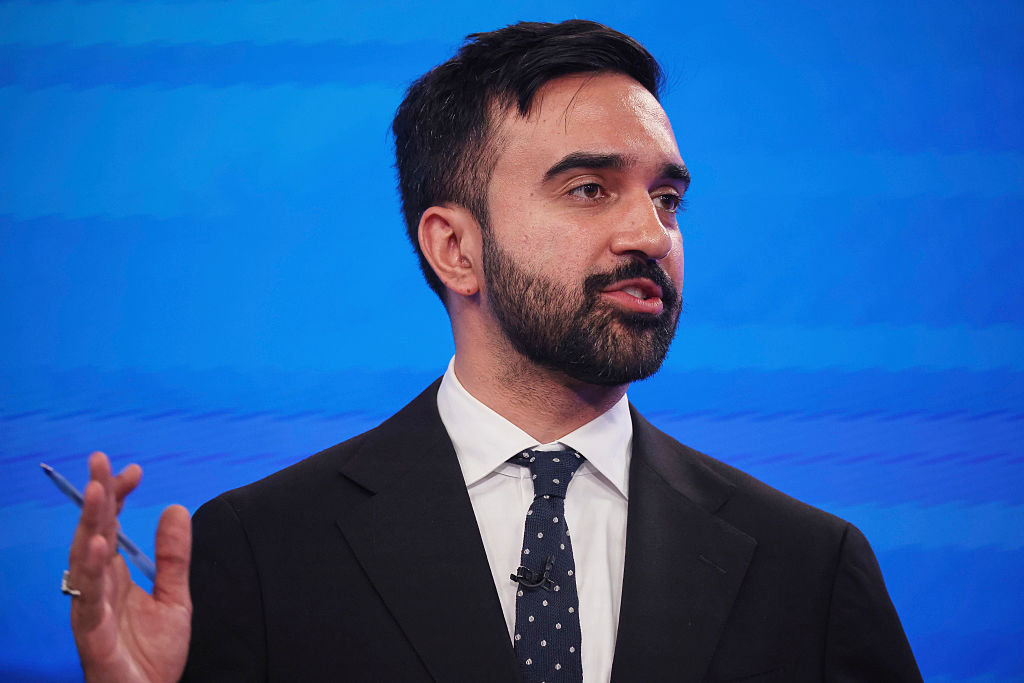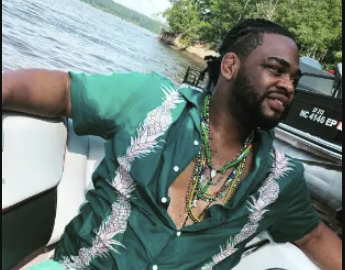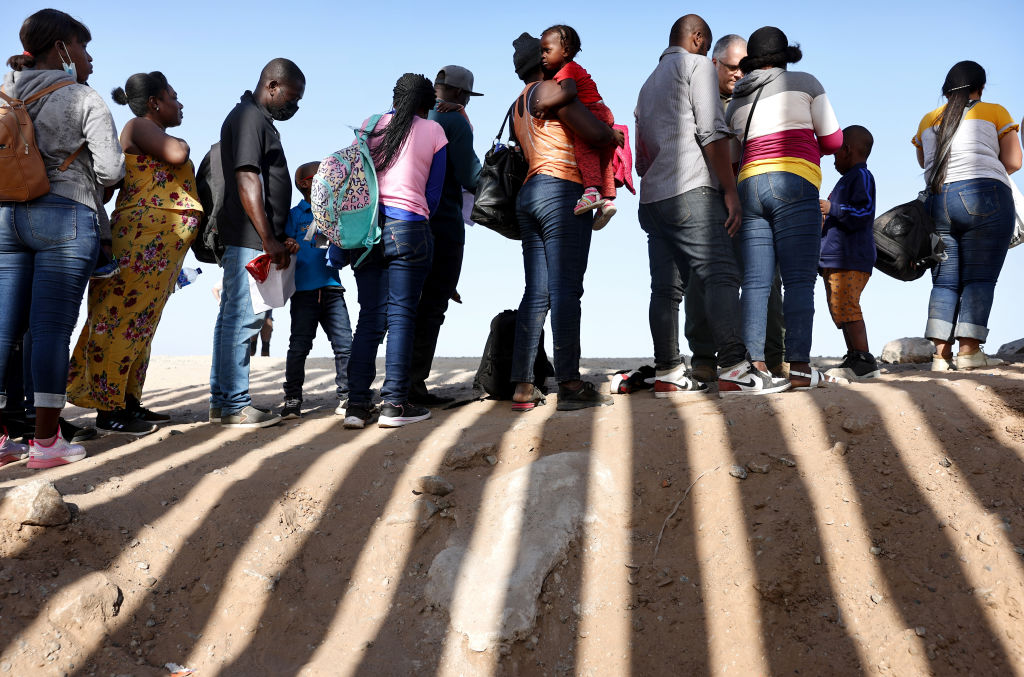Democrats In Atlanta Showed Candidates' Feelings On Black Voters
The Democrats’ Battle For Atlanta Showed How Candidates Really Feel About Black Voters
So much of the discourse about the Democratic primaries over the course of the last week or so revolved around the party’s tradition of starting its elections in a state like Iowa – where its overwhelmingly white demographic doesn’t reflect the identity of the party anymore. While this debate was permeating the party, the candidates converged onto Atlanta – a very Black city that represents a test run for the primary in the very Black state of South Carolina. The week spent in Atlanta only served to crystallize where each candidate falls within the party and how those placements reflect attitudes about Black voters, especially among the frontrunners of Joe Biden, Elizabeth Warren, Bernie Sanders, Pete Buttigieg and Kamala Harris.
MORE: Black College Votes Matter, Presidential Candidates Are Finally Finding Out
I don’t know if this is causation or a coincidence or a sign of something bigger with the Democratic Party, but there was a direct correlation between a candidate’s placement on the political spectrum and their urgency to leave their marks on Atlanta.
The more centrist or conservative Democrats in the party – Biden and Buttigieg among them – merely dipped their toes in engaging Black voters to mixed results. Mayor Buttigieg went to HBCU Morehouse College on Monday to discuss his Douglass Plan, but he was hobbled before he was even able to get out of the gate. First, he started the week in a bizarre controversy over the fact an email from his campaign about Black support featured a stock image of Africans and quotes from Black politicians who didn’t actually support his bill. Mayor Pete has been dead in the water with Black folks. A controversy like that on the eve of a trip to Atlanta and Morehouse was just too much to recover from. His conversation was sparsely attended and I didn’t hear from any students who were moved to vote for him.
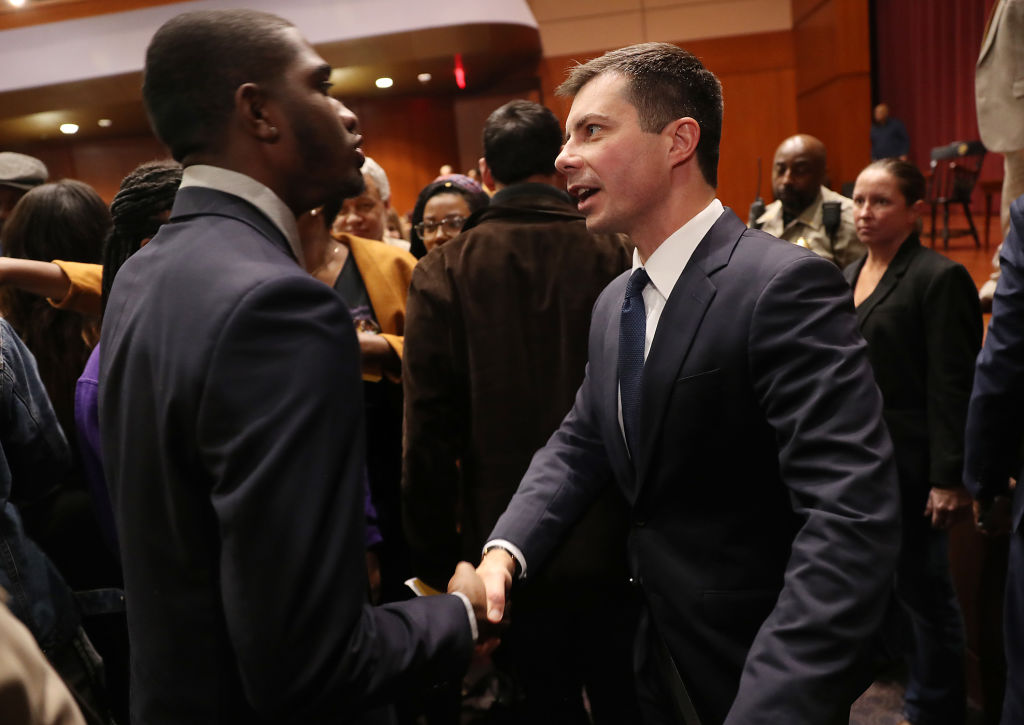
Source: Joe Raedle / Getty
Biden didn’t even do that much as he hosted a meeting with Black mayors (and T.I. and Young Jeezy) in Atlanta on Thursday at Black-owned co-work space The Gathering Spot. The former vice president is sitting pretty after cornering a monstrous 44 percent of the Black vote in South Carolina. So maybe he didn’t feel like he needed to have a huge rally or appear at any of the HBCUs. But therein lies a fulfillment of the overwhelming sentiment that Black folks feel about the Democratic party. Black voters often feel as though the Democratic Party thinks African-Americans’ support is a foregone conclusion and they don’t need to be sold on a left candidate. Biden exemplified that mentality.
https://www.instagram.com/p/B5JcVTZgH5W/?utm_source=ig_web_copy_link
Which leads me to Kamala Harris. She has emerged as one of the more fascinating presidential candidates of my lifetime. I went into this week thinking Harris would own Atlanta. She is an HBCU graduate and the type of centrist candidate that could appeal to the older Black voter. Yet she failed at the ground game and allowed other candidates to turn Atlanta into their big moments. Harris, of course, had a fantastic showing at the debate, as always. But she has just failed to capitalize. Her breakfast for Spelman College students at a hotel was relatively well-attended. But it’s hard to understand why she wasn’t ruling over the Atlanta University Center (AUC). It’s absolutely baffling that Harris didn’t step foot on an HBCU campus.
Julián Castro was not invited to the debate, which was a shame because he’s added so much to the discussion of race on each stage. However, he held an event at Paschal’s, a restaurant that doubled as a meeting place for civil rights activists in the 60s, that hosted 100 or so mostly students who were hungry to see him back in the fold. Castro did the most he could with the little foothold he had left in the race.
But it was the two front-running members of the left-leaning contingency who made it their goals to own Atlanta. Bernie Sanders and Elizabeth Warren went all-in, putting feet to the ground and making strong showings, particularly in the AUC. There were dueling Bernie and Warren buzzes as each focused on major events Thursday. First, there was Bernie Sanders who delivered a speech at Morehouse in front of Martin Luther King Jr. International Chapel, under the shadow of a statue of the late civil rights icon. The crowd was a fascinating snapshot at Bernie’s base. For one, there were more white people at Morehouse than have been there in any time I can remember in my four years hanging around campus. The crowd was mostly Morehouse students curious about Sanders’ message and interested in his policies interspersed between avid white fans who may have never been to Morehouse before.
Sanders delivered his standard speech slightly tailored towards historically Black colleges by mentioning his policy for free tuition and $5 billion investment into HBCU infrastructure. He also touted legalizing marijuana, climate change and eliminating student loans, which all were met with enthusiasm. Oh, also, he marched with Dr. King in case you didn’t know that (there are even shirts displaying such at his merch tables).
The Bernie camp should leave Atlanta feeling good about the showing at Morehouse and a renewed confidence that at least some of his message can resonate with young, Black men.
With that being said, it was Elizabeth Warren who used her opportunity in Atlanta to deliver a transformative showing that marked her most impressive speech to date and what could be a watershed moment for her chances at becoming president of the United States. Warren’s team spent most of the week handing out tickets to AUC students for a rally at Clark Atlanta. By the time Thursday night rolled around, there was a line around the block and hundreds filled the L.S. Epps Gymnasium. Just 24 hours after Kamala Harris stood on the debate stage and warned against ignoring Black women voters and taking them for granted, it was Warren who dedicated her night to appealing to Black women voters with a speech framed around the Black Washerwomen Strike of the 19th century.
From the moment Warren opened with “The fighters I want to talk about tonight are Black women,” she would show a deep understanding of the way race and misogyny have inextricably linked themselves to American politics with the goal of marginalizing black folks.
“Black history is American history,” she said. “And American history teaches us that racism has for generations shaped every crucial aspect of our economic and political system.”
The most impactful moment, though, came when Warren said the names of Aiyanna Stanley Jones, Rekia Boyd, Korryn Gaines, Sandra Bland, and Atatiana Jefferson – Black women killed by police. She also mentioned Alexis Crawford, the Clark student who was murdered earlier this month, as well as the 21 Black trans women killed this year.
“When it comes to protecting Black women, we need to face the hard truth that Black women and girls are being brutalized at alarming rates by people they know and trust,” Warren said.
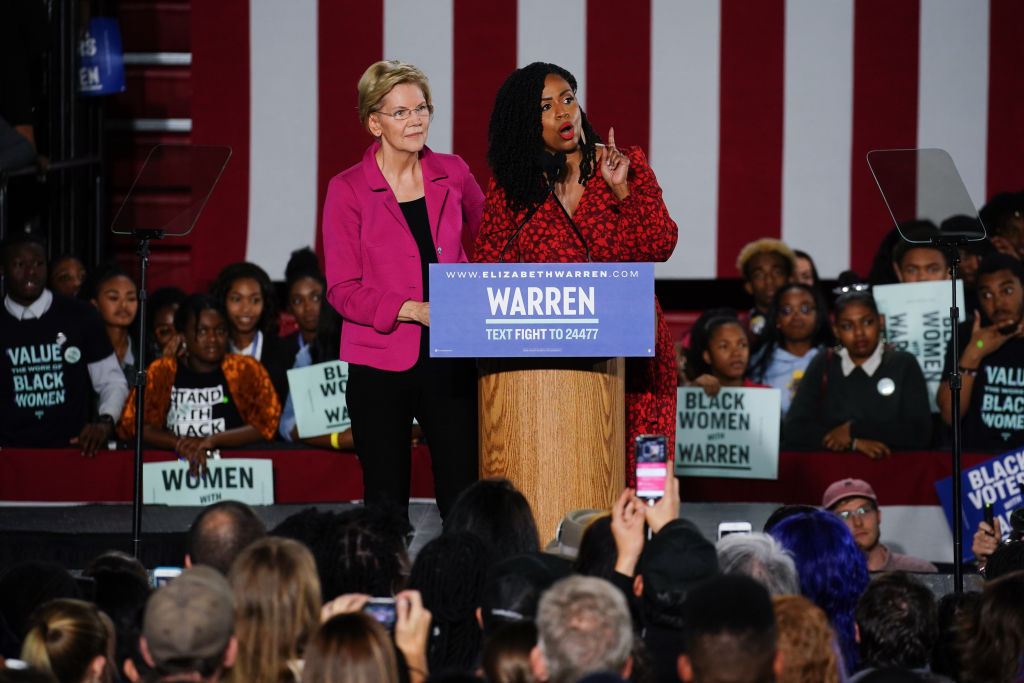
Source: Elijah Nouvelage / Getty
I count myself among the cynics and pesky millennials jaded by a political system that steals elections and inundates us with scandals every 30 minutes. But I also found Warren’s speech to be impactful.
Overall, the Democratic candidates and the larger party had a lot to gain in Atlanta, especially as a show of true desire to reach Black folks beyond South Carolina. While the state to the northeast of Georgia will obviously be crucial, this past week gave us a glimpse of where each candidate stands in terms of their respective passions for reaching out to African-Americans.
A few more notes from the week:
- There are so many debates left and I wonder why sometimes we don’t have whole debates around specific topics. There was a lot of frustration about only 11 minutes from Wednesday’s debates being focused on Black issues. Why don’t they dedicate a whole two hours to a crop of related issues?
- On Thursday, Booker, Buttigieg and Yang participated in a voting drive at Ebenezer Baptist Church, as well.
- The biggest ovations I heard all week were any mention of Stacey Abrams. The voter suppression and controversy around the midterm gubernatorial election last year is a rallying cry for Georgians. Abrams is so respected that crowds erupted at the mere mention of her name. Whoever she endorses will be a huge moment.
- There was a group of protesters at the Warren event called the Powerful Parent Network, a group of Black men and women advocating for charter school choice. They stomped, chanted and interrupted Warren’s speech early, leading Massachusetts Rep. Ayanna Pressley – who delivered a riveting opening speech – to take the mic and get the crowd refocused. It is of note that the head of the organization has close ties to the Walton family, for what it’s worth.
David Dennis, Jr. is a writer and adjunct professor of Journalism at Morehouse College. David’s writing has appeared in The Guardian, The Smoking Section, Uproxx, Playboy, The Atlantic, Complex.com and wherever people argue about things on the internet.
SEE ALSO:
Why The ‘Harriet’ Controversies Should Have You Terrified About The 2020 Election









